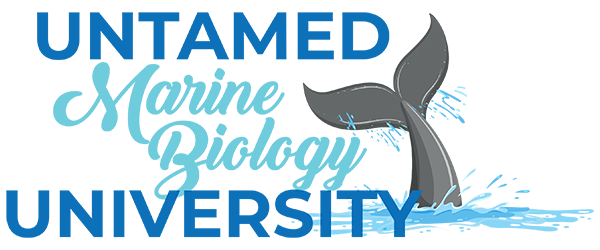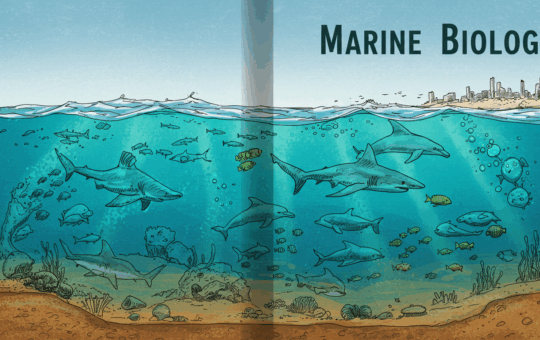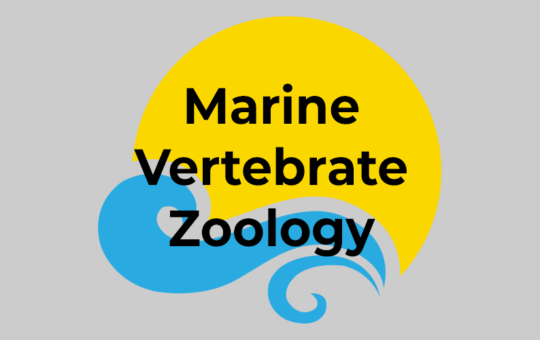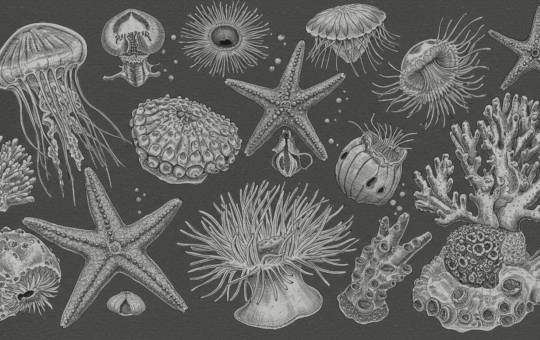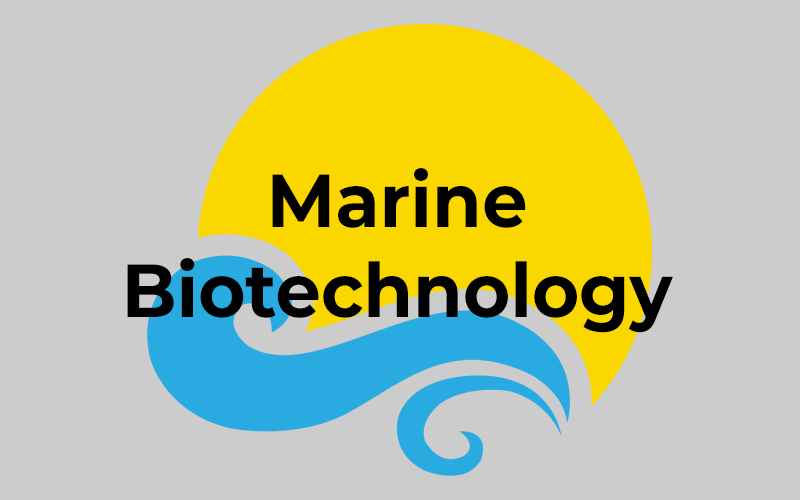
Marine Biotechnology
Marine Biotechnology explores the innovative applications of marine organisms and their bioproducts in various fields, such as medicine, agriculture, and environmental management. This course provides students with a comprehensive understanding of the principles and techniques used in marine biotechnology, including the extraction and characterization of bioactive compounds, genetic engineering, and the development of biotechnological tools. Students will study the unique properties of marine organisms, such as their ability to produce novel enzymes, antimicrobial compounds, and other bioactive molecules, and learn how these properties can be harnessed for practical applications.
In addition to the biological and technical aspects, the course covers the ethical, legal, and economic considerations associated with marine biotechnology. Students will explore the potential benefits and risks of biotechnological innovations, including their impact on biodiversity and ecosystems. The course emphasizes the importance of sustainable and responsible use of marine resources, highlighting case studies of successful applications in pharmaceuticals, bioremediation, and aquaculture. Through lectures, laboratory exercises, and project-based learning, students will gain the skills and knowledge necessary for careers in biotechnology, marine science, and environmental management, while understanding the potential of marine biotechnology to address global challenges.
Curriculum
- 6 Sections
- 20 Lessons
- 1 Quiz
- 0m Duration
Section 1: Introduction to Marine Biotechnology
- Chapter 1: Overview of Marine Biotechnology
- Chapter 2: History and Development of Marine Biotechnology
- Chapter 3: Marine Biodiversity and Biotechnology
Section 2: Marine Natural Products
- Chapter 4: Bioactive Compounds from Marine Organisms
- Chapter 5: Marine Enzymes and Biomolecules
- Chapter 6: Marine-Derived Pharmaceuticals
Section 3: Biotechnology Applications in Marine Science
- Chapter 7: Aquaculture Biotechnology
- Chapter 8: Environmental Biotechnology
- Chapter 9: Marine Biotechnology in Food and Nutrition
Section 4: Genetic Engineering and Molecular Biology
- Chapter 10: Genetic Modification of Marine Organisms
- Chapter 11: Molecular Tools and Techniques
- Chapter 12: Genomics and Proteomics in Marine Science
Section 5: Industrial and Environmental Applications
- Chapter 13: Marine Biotechnology in Industry
- Chapter 14: Renewable Energy from Marine Sources
- Chapter 15: Marine Biotechnology for Environmental Sustainability
Section 6: Policy, Ethics, and Future Directions
- Chapter 16: Policy and Regulation in Marine Biotechnology
- Chapter 17: Ethical Considerations
- Chapter 18: Technological Innovations in Marine Biotechnology
- Chapter 19: Case Studies in Marine Biotechnology
- Chapter 20: Global Collaboration in Marine Biotechnology
